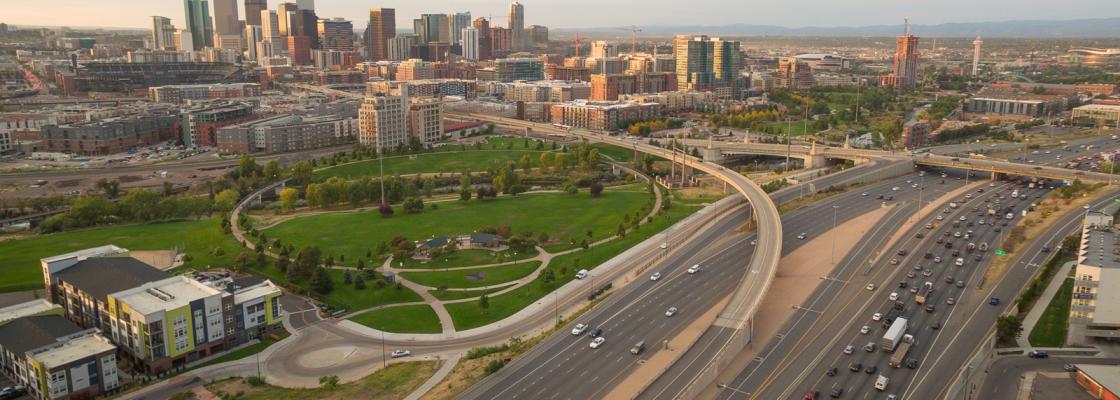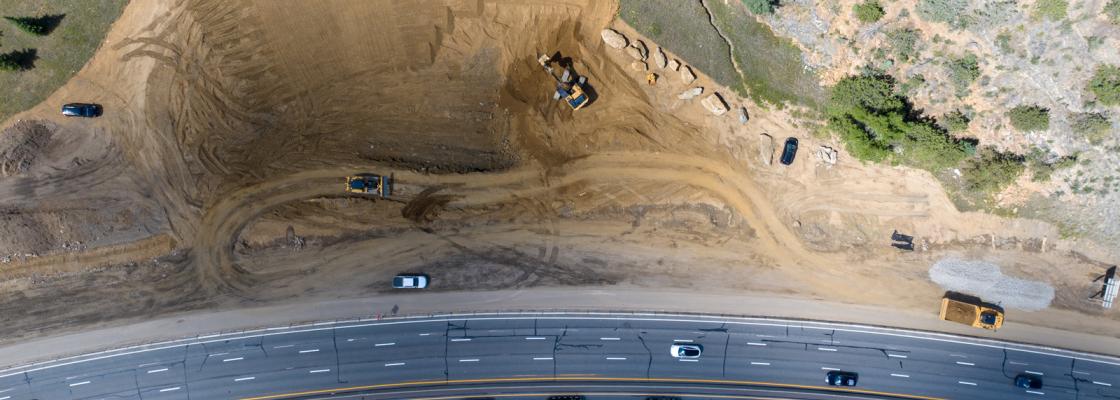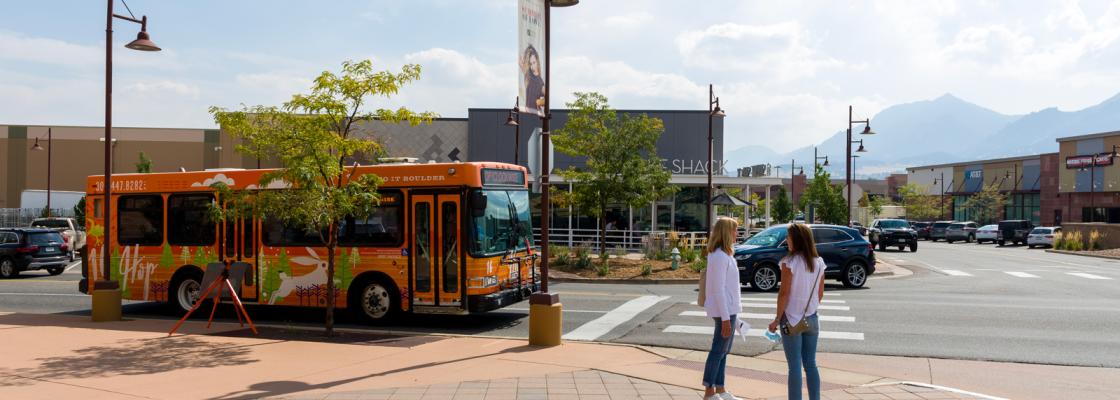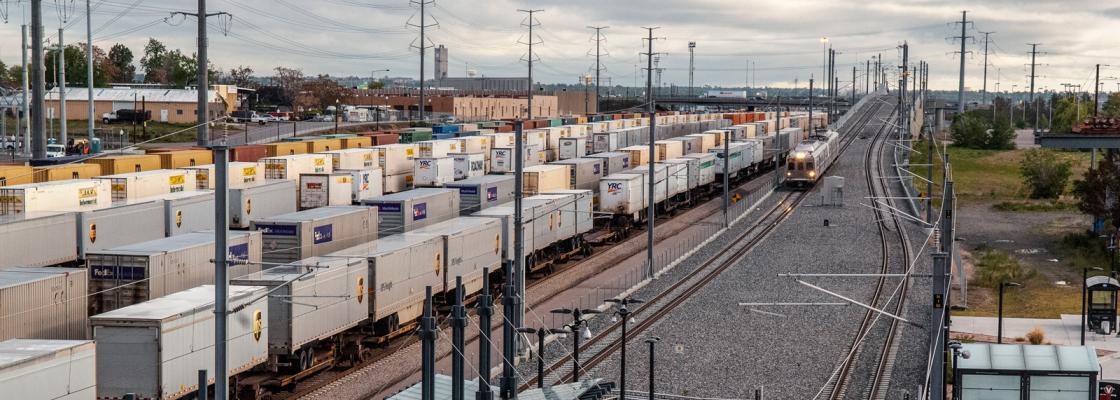
Photo courtesy of CDOT.
Planning for the future includes outlining the current safety needs and how those needs will evolve based on growth projections. DRCOG, as the metropolitan planning organization for the region, has the unique role of addressing current needs and planning for the future.
DRCOG works closely with the Colorado Department of Transportation and the Regional Transportation District to address the region's transportation needs.
The organization tackles current needs through the Transportation Improvement Program and the long-term vision for the region presented in the 2050 Metro Vision Regional Transportation Plan and Metro Vision.
The Unified Planning Work Program details the activities of the transportation planning partners.
Review the public engagement plan:
Learn about transportation needs in the region:
Spanish speakers can explore:

Photo courtesy of CDOT.
Regional Transportation Plan
The plan helps DRCOG's member governments and partners implement the shared aspirational vision of Metro Vision. It sets the long-range vision and investment framework for the region’s multimodal transportation system. The plan is updated every four years and amended as needed to ensure that its content remains relevant and reflects current trends, needs and priorities.
Unified Planning Work Program
The UPWP outlines all the planning objectives, activities, tasks and deliverables DRCOG and it's planning partners will complete over a two-year period. Essentially, the UPWP is the transportation planning work program for the Denver metro area.
TRIPS Database
To track ongoing and planned transportation projects in the Denver region explore the Transportation Regional Improvement Projects and Survey (TRIPS) database, a tool for reviewing projects in the areas of Regional Transportation Plan, Transportation Improvement Program and Transportation Improvement Survey.

Complete Streets
The Complete Streets approach gives pedestrians, cyclists, transit riders and other multimodal travelers the same access to safe and comfortable streets as motor vehicles. The toolkit provides local governments with a guide to plan, design and implement safe and comfortable transportation network for all modes and all users.

Photo courtesy of CDOT.
Freight
Reliable, cost-effective, safe and resilient freight supply chains are more important now than ever. The interconnected nature of the region's freight infrastructure means that moving freight and goods leverages local roads, state highways, interstates, railroads, air cargo facilities and more.
Safety
There were an estimated 9,675 fatal or severe-injury crashes in the Denver region from 2018 to 2022. The human toll of these crashes is significant: At least 1,301 people were killed and more than 8,300 people were seriously injured during this period. DRCOG is committed to addressing safety concerns affecting pedestrians, bicyclists and drivers to make the network of roads safe.
